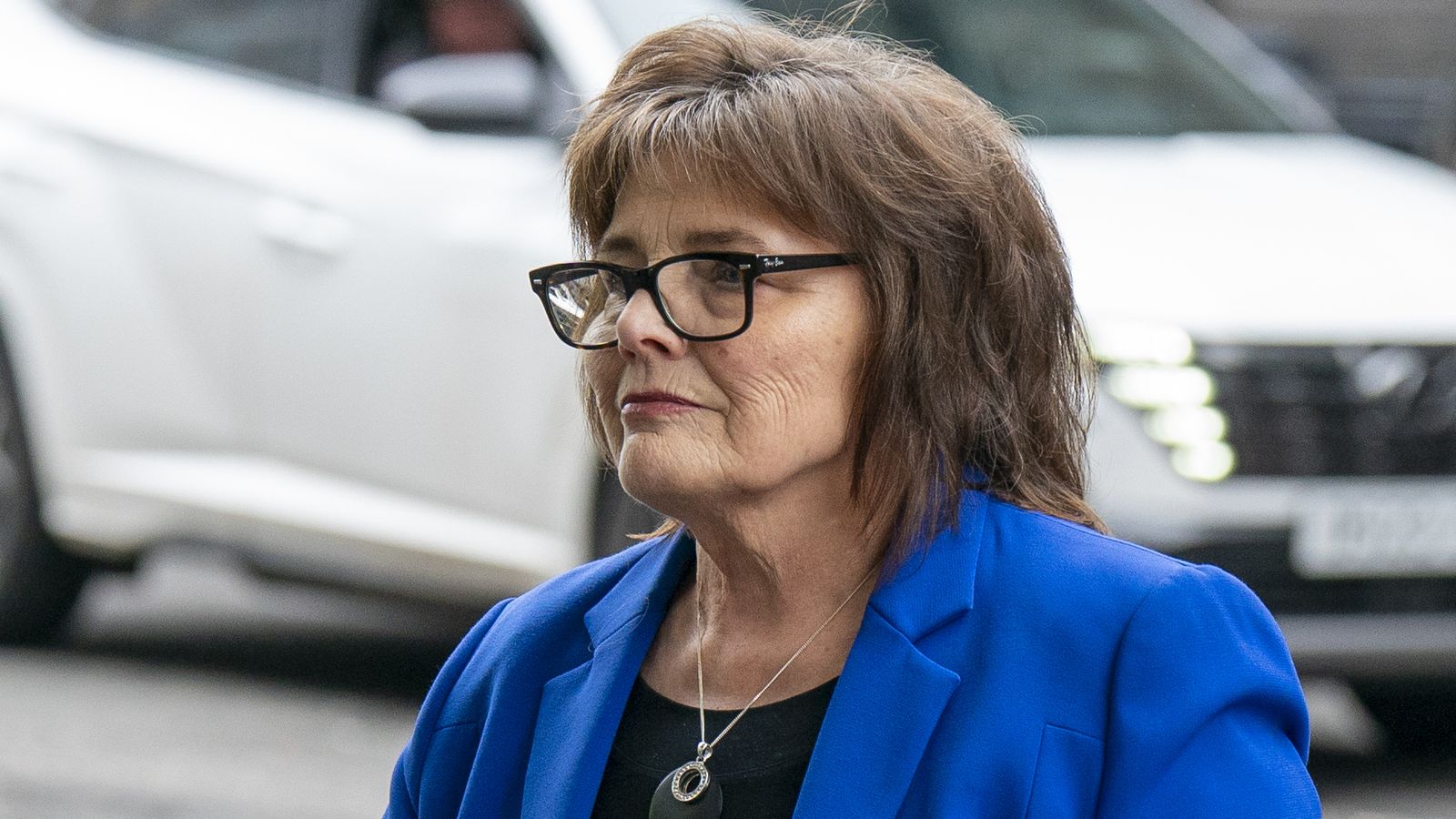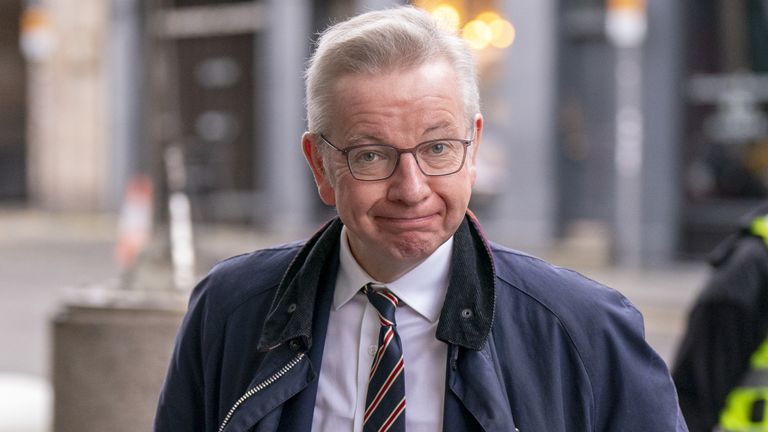Jeane Freeman has told the UK COVID-19 Inquiry she will ‘regret for the rest of her life’ care home deaths caused by Scottish government decision-making.
Ms Freeman, who was Scotland’s health secretary during the pandemic up to the 2021 Holyrood election, said there were “no risk-free choices” when considering whether to introduce social distancing measures into care homes.
Her tenure oversaw key decisions such as discharging patients to care homes without testing them for COVID first.
She told the inquiry: “I was very concerned about our care sector and regret very much, and will do for the rest of my life, any deaths that occurred there because of action the Scottish government didn’t, or did take, and could have done better.”
Ms Freeman said it was incorrect to say there was a lack of urgency or prioritisation of the issues posed by the care sector.
She said she had “two-fold” concern on moving people into care homes, including the urge to ensure patients who were ready to leave hospital were not kept in any longer, leading to additional risks of diminished muscle capabilities or contracting the virus.
“Against that was the risk of transferring people to care homes who had not been tested,” she said.
It led to ministers introducing social distancing in care homes, prohibiting communal meetings between residents and restricting external visits.
Jamie Dawson KC, counsel to the inquiry, noted that guidance was not issued until 13 March 2020, after former first minister Nicola Sturgeon received a message from a friend whose relative was in a care home.
Ms Freeman said: “None of this was a risk-free choice. I understood very well the distress that might be caused by asking for physical distancing and communal associations and ending external visits.
“I understood that. But I also believed that to allow that to continue was to increase the risk of transmission into and within the care home.”
Ms Freeman said the issue of discharging patients from hospital to a care home without being tested was a “complex issue”.
She said that while 348 care homes had outbreaks of COVID, “some care homes that received discharges did not have outbreaks”.
“I am not saying that the discharge from hospital without a test had no impact, what I am saying is that it was one of the factors,” she added.
But she went on to admit the Scottish government response to COVID in the adult care sector was “not as adequate as I would have wished it to be”.
She added: “I believe it was all that could be done with the resources available to us at that point, and that improved as time passed.”
Read more:
‘COVID is not finished’: Scots share pandemic stories
Sturgeon’s fury at Aberdeen FC over rules breach revealed
Sturgeon branded Johnson a ‘clown’ in foul-mouthed messages
Yousaf admits ‘winging it’ as Scotland’s health secretary
The inquiry is currently sitting in Edinburgh as it probes the devolved administration’s response to the pandemic.
The inquiry earlier heard from UK cabinet minister Michael Gove, who was one of the key figures communicating Westminster’s position to Holyrood during the pandemic.
Mr Gove rejected a suggestion the UK government had used the pandemic to strengthen support for the union, as he argued Scottish ministers diverged on policy to advance their “political agenda”.
The levelling up secretary claimed language used in WhatsApp messages between Ms Sturgeon and her then chief of staff, Liz Lloyd, about starting a “good old-fashioned rammy” with the UK government showed clear “temptation” to use the pandemic for political gain.
Mr Gove told the inquiry the relationship between the UK and the devolved administrations was for the “most part constructive” in relation to the day-to-day management of the pandemic.
However, Mr Dawson later highlighted a government document produced by Mr Gove entitled “state of the union”.
It showed that 70% of the survey’s respondents believed the Scottish government was implementing the right pandemic procedures, compared to 27% for the UK government.
Mr Gove wrote of changing “the perception” in the report, adding: “There’s a real opportunity to outline how being part of the union has significantly reduced the hardship faced by individuals and businesses.”
Asked by Mr Dawson if he was “setting out a strategy to use the COVID-19 pandemic to strengthen the union, Mr Gove said: “I think it’s the case that I’m seeking to make sure that people appreciate the way in which the existence of the United Kingdom and its institutions has enabled us to deal effectively with the COVID pandemic.”
Mr Gove also told the inquiry that former finance secretary Kate Forbes had been one of the “most constructive” ministers in the Scottish government, but Ms Sturgeon was “sometimes political” in her correspondence with UK counterparts.
He also said former prime minister Boris Johnson was “irritated” by Ms Sturgeon’s “divergent” decision to ban large gatherings shortly after a UK COBRA meeting had concluded.
The inquiry continues.


